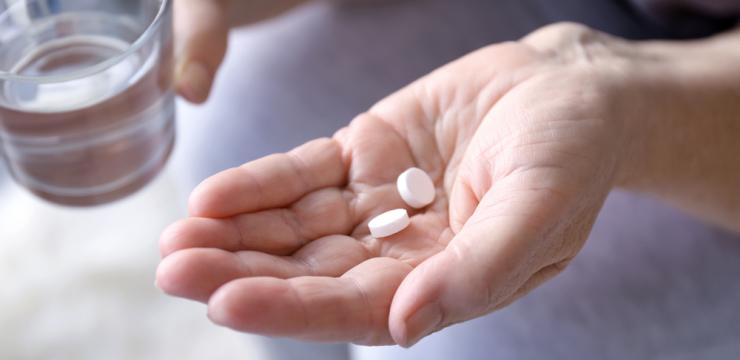
- The gist of this article
The way in which too much medicine is endangering our health is the subject of Too Many Pills, a newly published book written by James Le Fanu, an English doctor and writer. In the book he explains in depth how “polypharmacy” is the “pharma-medicinal” practice intended to inundate the population with as many drugs as can possibly be swallowed, days without end.
Too much Medicine
Obviously, too much medicine finds its origin in too many pills. In the U.K., the number of prescriptions has increased three-fold in just 15 years. Le Fanu identifies as the “main driving force behind the rise of polypharmacy, the extension of the sound principle of treating those with markedly raised blood pressure, sugar or cholesterol levels ‒ in anticipation of reducing their risk of heart attack, stroke or the complications of diabetes ‒ to the millions in whom these parameters are only modestly elevated, if at all. This widening of the scope of those deemed eligible for treatment is reflected in the truly awesome seven-fold increase in the numbers of prescriptions for blood-pressure lowering medications, a five-fold rise in diabetic drugs and a twenty-fold increase in the cholesterol-lowering statins.” [i]
Germany tops the bill
In Germany, the situation is even worse. In 2012, the number of prescriptions made out to people who have a Statutory Health Insurance [72 million people = 90% of the German population] lay at almost 14 per person. This results in over 1 billion prescriptions per year. To cover the costs, the Health Insurance Funds spend approximately 28 billion Euros. According to the Organisation for Economic Cooperation and Development (OECD), in 2013, Germans spent the equivalent of 687 US dollars (520 Euros) per person on medicines. This places them ahead of all other countries. The use of blood pressure-lowering medication is higher than in any other country and the use of antidiabetica and antidepressiva is way above the OECD’s average.
OPCs, the Polynutrients
Practically all pharmaceutical substances target one specific biological “pathway,” mostly to forcefully block or interrupt it. Since the human organism has thousands of pathways, we need thousands of medicines. Contrary to this approach, practically all essential nutrients and other bioactive substances target many pathways, mostly to exert a gentle and biocompatible effect on each pathway. One nutritional compound can beneficially influence numerous diverse and seemingly unrelated pathways. When you add up these relatively small effects, their combined effect may become very significant. The group of botanical bioactives named oligomeric proanthocyanidins – or OPCs – is capable of exerting specific multi-pathway effects. This makes them relevant in the fields covered by medicines that target raised blood pressure, sugar or cholesterol levels and the reduction of the risk of heart attack, stroke or the complications of diabetes.
Masquelier’s OPCs and cardiovascular health
A research team at the University of Maastricht in Holland, showed that the OPCs developed by Dr. Jack Masquelier are capable of exerting such a “polynutritive” effect in the field of cardio-vascular health. Volunteers who took 200mg per day during 2 months showed a significant decrease in serum total cholesterol and LDL. The levels of the active form of the antioxidant glutathion rose with 22% in red blood cells. The researchers also observed a strong anti-inflammatory effect. Although not all cardiovascular pathways were significantly influenced by OPCs, the team concluded that “integrating all measured effects into a global, so-called vascular health index revealed a significant improvement of overall vascular health by OPCs compared to placebo.”
Poly-side-effects of medicines versus no-side-effects of OPCs
With the steep rise of “polypharmacy” we also see an equally steep rise in side-effects caused by the “soup” of pharmaceuticals enforced upon patients and healthy people. These side-effects arise when the drugs are taken in their recommended daily dosages. Contrary to this, essential nutrients and bioactives, when taken in the recommended dosages, show no side-effects. Compared with the average medicinal product, the side-effects that might very rarely occur when taking OPCs, at least when taking the OPCs-compounds developed by Dr. Jack Masquelier, are negligible. In Too many Pills, doctor Le Fanu recommends that the public must take the initiative and ask much more searching questions about the benefits and risks of the medicines they are taking. Perhaps, the public could also search for answers about the beneficial effects of bioactives such as OPCs. For starters, you may wish to read my book OPCs, Dr Jack Masquelier’s Mark on Health.
[i] Too many Pills; James le Fanu; Little, Brown Book mGroup; London.






